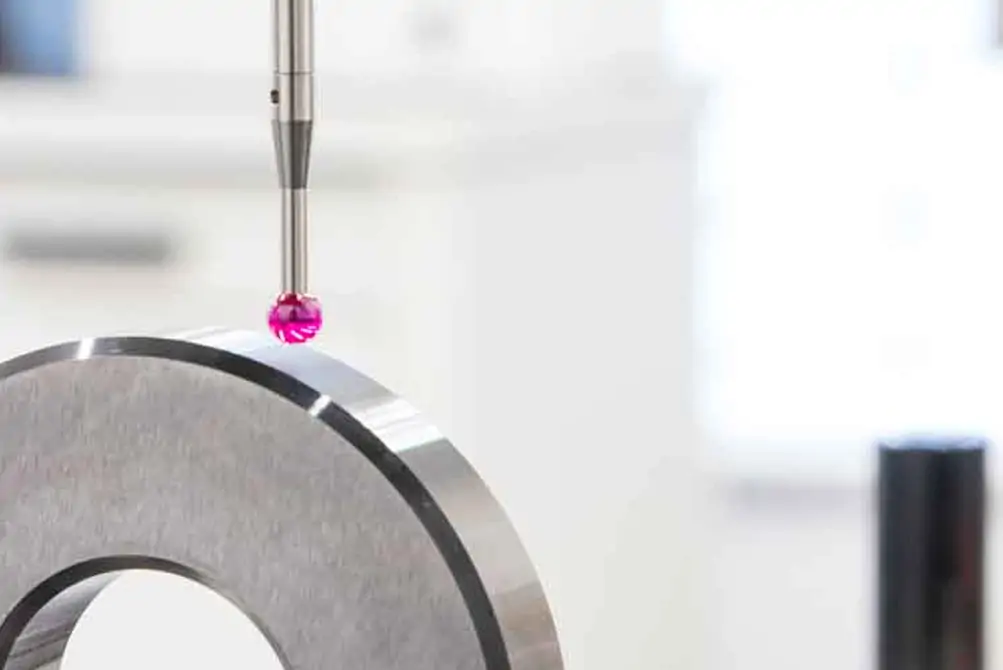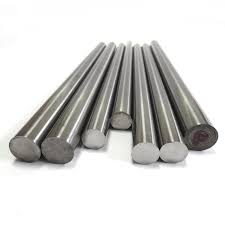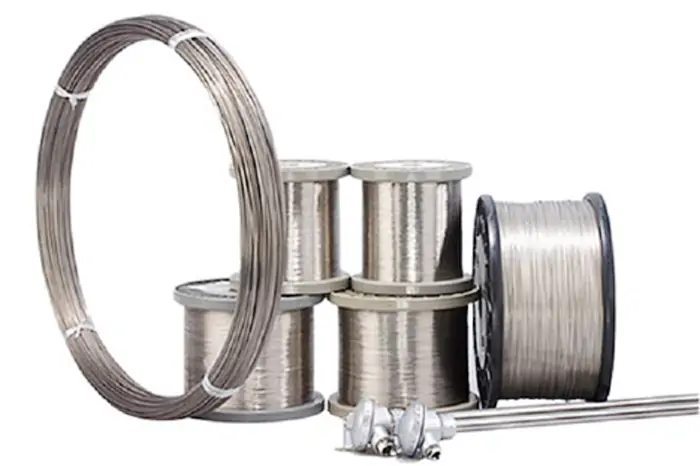In the world of chemical processing, the materials used in constructing equipment can significantly impact efficiency, safety, and longevity. One such material that stands out for its exceptional qualities is Hastelloy alloy. Known for its robustness and resistance to extreme conditions, Hastelloy alloy is a preferred choice for pressure reactors. In this article, we delve into the advantages of using Hastelloy alloy in pressure reactors, exploring its unique properties and how it contributes to the performance and durability of chemical process equipment.
Hastelloy is a trademarked name for a family of corrosion-resistant nickel-based alloys. These alloys are known for their ability to withstand harsh environments, including high temperatures and corrosive chemicals. They are composed of nickel, molybdenum, chromium, and other elements, which impart outstanding strength and corrosion resistance.
This remarkable alloy is widely used in industries where chemical processes involve high pressure and temperature, making it an ideal material for constructing pressure reactors.
Corrosion Resistance: A Key Benefit
Unmatched Protection Against Corrosive Substances
One of the primary reasons Hastelloy alloy is favored in pressure reactors is its exceptional corrosion resistance. In chemical processing, reactors are often exposed to aggressive chemicals that can quickly degrade less durable materials. Hastelloy alloy offers unmatched protection against a wide range of corrosive substances, including acids, chlorides, and solvents. This resistance ensures that the reactor can withstand prolonged exposure to harsh chemicals without compromising its structural integrity.
Prolonged Equipment Lifespan
Due to its corrosion-resistant properties, Hastelloy alloy significantly extends the lifespan of pressure reactors. Reduced corrosion means fewer maintenance requirements and less frequent replacement of equipment, leading to cost savings and increased operational efficiency. This durability makes Hastelloy alloy a wise investment for industries that rely on chemical processing.
High-Temperature Performance
Stability Under Extreme Conditions
Pressure reactors often operate under high temperatures, which can weaken or deform materials over time. Hastelloy alloy, however, maintains its stability and strength even at elevated temperatures, making it suitable for high-pressure chemical reactors. Its ability to withstand thermal stress ensures that the reactor can function optimally, even under the most demanding conditions.
Retains Mechanical Properties
Apart from its thermal stability, Hastelloy alloy retains its mechanical properties when subjected to high temperatures. This feature is crucial for maintaining the structural integrity of reactors, ensuring that they can handle the pressure and mechanical forces encountered during chemical reactions.
Versatility in Chemical Processing
Compatible with Various Chemicals
The versatility of Hastelloy alloy extends beyond its corrosion resistance and high-temperature performance. It is compatible with a wide range of chemicals used in industrial processes, making it an ideal material for constructing chemical equipment. Whether dealing with oxidizing or reducing environments, Hastelloy alloy pressure reactors offer reliable performance.
Adaptability to Different Applications
Hastelloy alloy is not just limited to pressure reactors. It is used in various chemical equipment, including heat exchangers, evaporators, and piping systems. This adaptability makes it a valuable asset in industries such as petrochemical, pharmaceutical, and environmental engineering, where diverse chemical processes are involved.
Safety and Reliability
Ensuring Safe Operations
Safety is paramount in chemical processing, and Hastelloy alloy contributes significantly to the safety of pressure reactors. Its resistance to corrosion and high temperatures minimizes the risk of leaks, equipment failure, and hazardous incidents. By maintaining the integrity of reactors, Hastelloy alloy ensures safe and reliable operations, protecting both personnel and the environment.
Consistent Performance
In addition to safety, Hastelloy alloy provides consistent performance over time. Its ability to withstand harsh conditions without deteriorating ensures that reactors operate efficiently and predictably. This reliability is crucial for achieving consistent product quality and meeting production targets.
Cost-Effectiveness
Reduced Maintenance Costs
While the initial investment in Hastelloy alloy pressure reactors may be higher compared to other materials, the long-term cost savings outweigh the upfront expense. The durability and corrosion resistance of Hastelloy alloy reduce the need for frequent maintenance and replacement, leading to lower operational costs.
Long-Term Value
The extended lifespan and reliability of Hastelloy alloy equipment translate into long-term value for industries. By minimizing downtime and maximizing productivity, Hastelloy alloy pressure reactors contribute to improved profitability and sustainability.
Conclusion
In the realm of chemical processing, the choice of materials can make a significant difference in the performance and longevity of equipment. Hastelloy alloy stands out as an exceptional material for pressure reactors, offering unparalleled corrosion resistance, high-temperature performance, and versatility. Its safety, reliability, and cost-effectiveness make it a preferred choice for industries that demand robust and efficient chemical process equipment.
Whether you’re considering a new reactor or upgrading existing equipment, Hastelloy alloy provides the durability and performance needed to meet the challenges of modern chemical processing. Investing in Hastelloy alloy pressure reactors is a step toward enhancing operational efficiency and ensuring the success of chemical processes.










